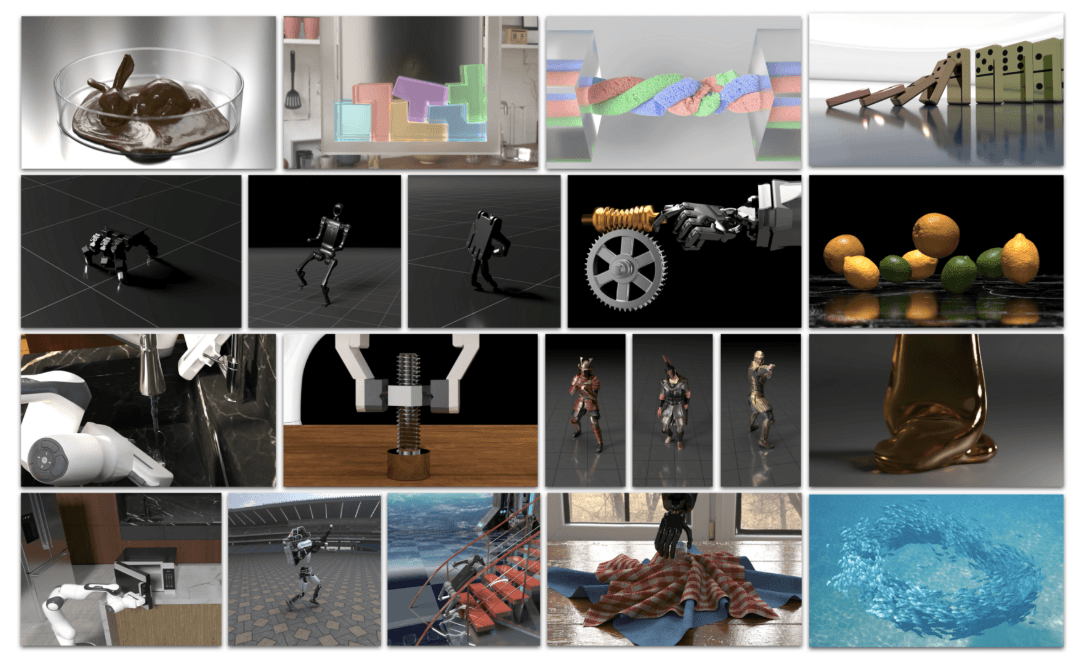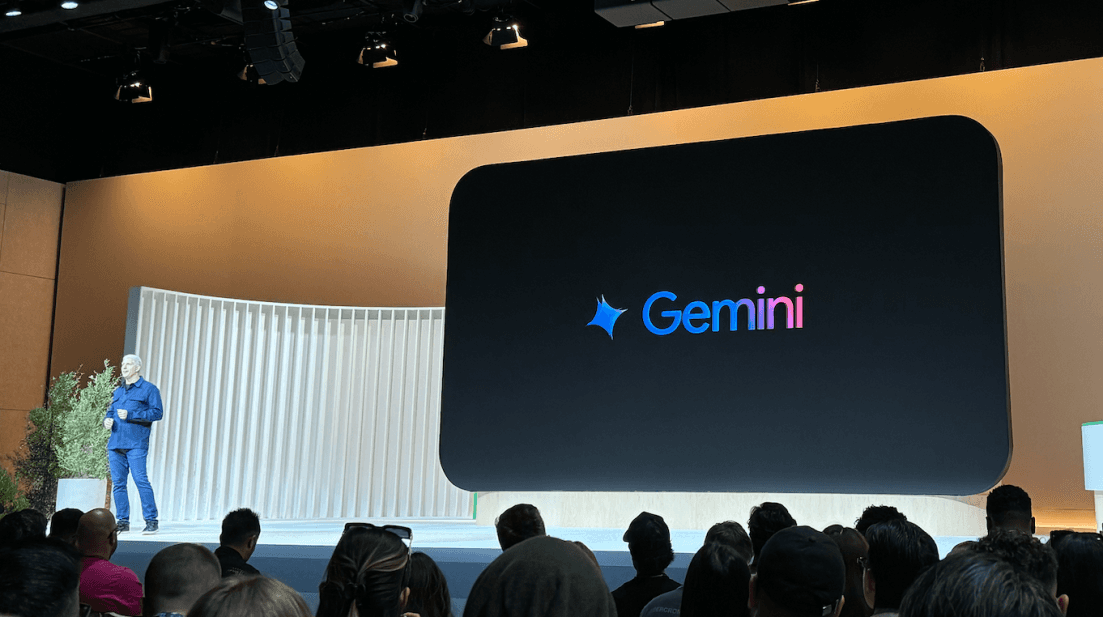Timon Harz
December 20, 2024
Meet Genesis: Open-Source Physics AI Engine Revolutionizing Robotics with Ultra-Fast Simulations and Generative 4D Worlds
Genesis revolutionizes robotics research by overcoming accessibility, speed, and efficiency challenges with its powerful physics engine and user-friendly design. This open-source platform accelerates innovation by making complex simulations faster and easier to implement.

The robotics and embodied AI fields have long faced challenges with accessibility and efficiency. Developing realistic physical simulations requires specialized technical expertise, costly hardware, and time-intensive manual processes. Existing tools often lack the speed, accuracy, and ease of use necessary for widespread adoption, restricting robotics research to well-funded institutions. This gap in integrated platforms has slowed innovation and limited smaller teams' ability to pursue cutting-edge ideas.
Genesis, created by Genesis Embodied AI, is a revolutionary universal physics platform that addresses these barriers. Designed for general-purpose robotics, embodied AI, and physical AI applications, Genesis combines advanced simulation technology with an intuitive, user-friendly interface. It enables researchers and developers to create and simulate complex physical environments quickly and efficiently. At its core, Genesis features a robust physics engine capable of simulating a variety of materials and phenomena. Powered by a generative data engine, it translates natural language prompts into actionable data, including interactive scenes, task proposals, and robot behaviors. The platform also offers photo-realistic rendering, ensuring high-quality visuals for development and presentation.
Genesis stands out with several groundbreaking features:
Python-Native Framework: Built entirely in Python, Genesis ensures a smooth experience for developers familiar with the language, eliminating the need for specialized software.
Unmatched Simulation Speed: Achieving speeds 10 to 80 times faster than traditional platforms like Isaac Gym or Mujoco MJX, Genesis delivers exceptional performance without sacrificing accuracy or fidelity.
Unified Physics Solvers: Integrating diverse state-of-the-art solvers, Genesis enables the simulation of complex physical interactions across a range of materials and phenomena.
Generative Simulation: Genesis simplifies asset creation, task design, and scenario modeling by generating data directly from natural language descriptions, cutting down on manual work.
Differentiable Simulation: With support for AI and machine learning frameworks, Genesis is compatible with differentiable solvers, making it ideal for advanced robotic control applications.
Photo-Realistic Rendering: Advanced ray-tracing capabilities produce high-quality visual outputs, perfect for presentations, research, and collaboration.

Genesis is on a mission to democratize robotics research by prioritizing simplicity and accessibility. Its straightforward installation process and user-friendly API design make it easy for newcomers to get started while retaining the depth and flexibility needed by experts. Genesis enables researchers and developers to solve complex challenges without needing vast resources or specialized technical skills. By automating data generation and collection, it allows users to focus on innovation instead of repetitive tasks, speeding up project timelines and lowering costs. This makes it possible for smaller teams to thrive in the competitive field of robotics research.
Genesis thrives on community-driven development, welcoming contributions from researchers, developers, and enthusiasts worldwide. Through GitHub, users can report issues, propose new features, and collaborate on various projects. The platform's development roadmap includes enhancing its differentiable solvers and generative simulation capabilities, further expanding its versatility and enabling users to create more sophisticated models and simulations.
Key takeaways from the release of Genesis:
430,000x faster than real-time physics simulation, achieving 43 million FPS on a single RTX 4090.
Built entirely in pure Python, 10-80x faster than existing GPU-based solutions like Isaac Gym.
Compatible with Linux, macOS, and Windows, supporting CPU, NVIDIA, AMD, and Apple Metal backends.
Combines multiple physics solvers, including Rigid Body, MPM, SPH, FEM, PBD, and Stable Fluid for versatile simulations.
Supports a variety of robotic platforms, including arms, legged robots, drones, and soft robots, and is compatible with MJCF, URDF, obj, and glb file formats.
Built-in ray-tracing rendering for high-quality visuals.
Capable of training real-world, transferable robot locomotion policies in just 26 seconds.
Easily installed via PyPI:
pip install genesis-world # Requires Python >=3.9;Both the physics engine and simulation platform are fully open-sourced.
A powerful
.generatemethod and generative framework coming soon.
In conclusion, Genesis is a groundbreaking open-source physics engine that merges ultra-fast simulations with generative capabilities, enabling the creation of dynamic 4D environments for robotics and physics applications. By overcoming the core challenges of accessibility, efficiency, and complexity, it opens up new possibilities for researchers and developers worldwide. Its speed, accuracy, and user-friendliness make it an essential tool for advancing robotics research.
Press contact
Timon Harz
oneboardhq@outlook.com
Other posts
Company
About
Blog
Careers
Press
Legal
Privacy
Terms
Security




